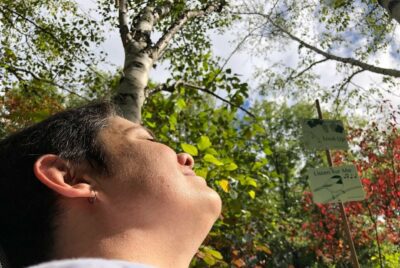RESEARCH
Assessing health impacts of home food gardens with Wind River Indian Reservation families: protocol for a randomiZed controlled trial
Summary
This article outlines a research project called “Growing Resilience,” which aims to evaluate the health impacts of home food gardens on Indigenous families living on the Wind River Indian Reservation (WRIR). This is a community-based participatory research project that involves a randomized controlled trial (RCT) where families are given support to create and maintain home gardens, with health data collected over two years. The study seeks to determine if home gardening can be an effective and culturally appropriate strategy to address health disparities in this population.
The study will recruit 100 Indigenous families who are interested in starting a home food garden but haven’t recently gardened. Participants will be randomly assigned to either an intervention group (receiving gardening support for two years) or a control group (receiving delayed intervention). Data will be collected twice a year, including biometric measures (BMI, waist circumference, blood pressure, hand strength), blood samples, and survey-based measures of food security, physical and mental wellness. The primary outcome is adult BMI, with secondary outcomes including child BMI, hand strength, mental and physical health, diabetes control, and food security. The project also incorporates qualitative methods to provide insights into the project process and outcomes.







